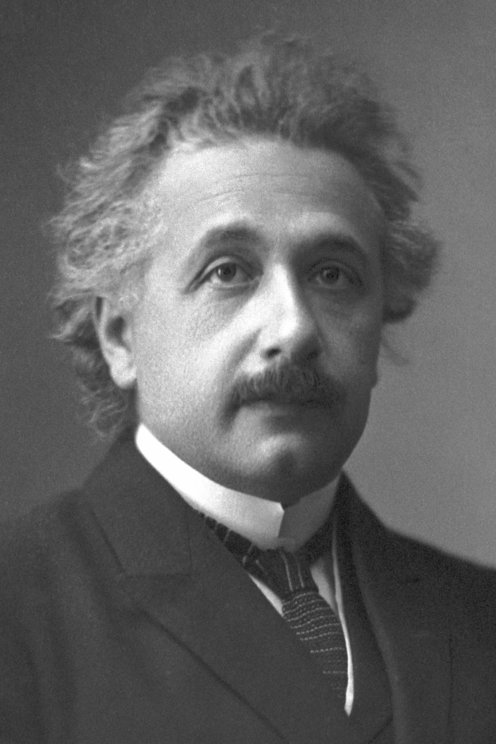
The scientific career of German-born physicist Albert Einstein (1879 – 1955) was one of the most impactful ever in the history of science. His work led to significant and meaningful changes in our understanding of several fundamental laws of nature including gravity, light, and time.
Albert Einstein was born on March 14, 1879 in Ulm, Germany. He became interested in nature and mathematics at an early age. There were two key moments in his childhood that inspired a wonder of curiosity in him. The first moment was when he was sick at the age of five. His father brought him a compass and this device stirred his curiosity and sparked his intellect. At age twelve he stumbled upon a book of geometry that has much the same effect on him as the compass.
In 1896 Einstein enrolled for a science degree at the Swiss Federal Institute of Technology in Zurich. He graduated in 1900 with his teachers being largely unimpressed with him. Two years later he would obtain a post of an examiner in the Swiss Federal patent office where he would go on to make some of his greatest discoveries.
The year 1905 was called the year of miracles for Einstein. He published four scientific papers each with immense importance for science. His papers topics were on the photoelectric effect, Brownian motion, the Theory of Special Relativity, and the equivalence of mass and energy. These four papers gained him international respectability and propelled his academic career. He won the Nobel Prize for Physics in 1921 for his work on the photoelectric effect.
As Einstein began teaching physics at various institutions he began formulating his General Theory of Relativity, which he finally published in 1915. This theory shows how gravity works as a geometric feature of space and time and how its curvature is directly related to the energy and momentum of the present mass and radiation.
As Einstein aged he still worked in science but became more involved in politics. He emigrated to the United States in 1933 due to the rise of Nazi power in Germany. During World War 2 he would work on the Manhattan Project which developed the atomic bomb. This was a difficult moral decision for him since he was a pacifist, but he was uneasy that Germany would develop the bomb first and ultimately decided to help the US develop it before Germany. Einstein died in 1955 with the legacy of being one of the most impactful scientists in all of history.